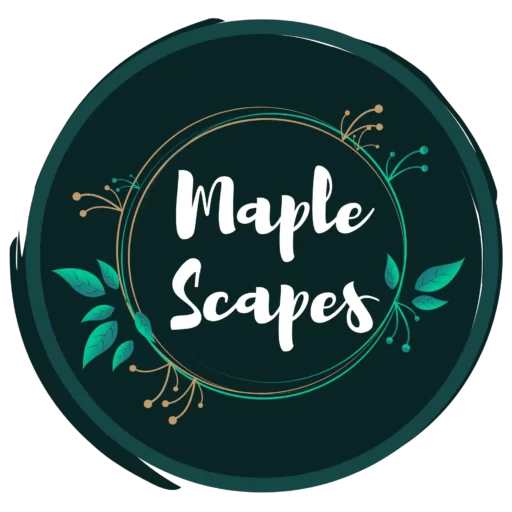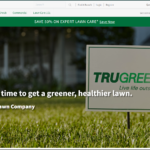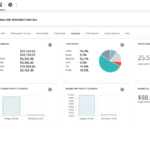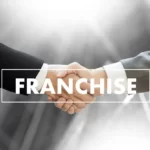Trade shows are a fantastic opportunity to showcase your landscaping business, network with industry professionals, and learn about the latest trends and innovations.
However, they can also be overwhelming without proper planning. This guide provides a comprehensive checklist to ensure you’re fully prepared to exhibit for your next landscaping trade show.
Whether you’re attending or exhibiting, the tips below will help you make the most of the landscaping event.
Pre-Show Planning
Consider several things before you go and show up in person. Attending and exhibiting events are expensive. If you are exhibiting, you’re paying a lot to rent a chair and a table for two days.
Careful pre-planning helps you get the most out of your company’s budget and the landscaping event.
Planning should ideally start 3 months (90 days) before any event. If you’re late, use this guide to plan and find ways to achieve your goal within the limited time frame.
1. Define Your Goals
What do you hope to achieve from the trade show?
Whether generating leads, launching a new product, educating fellow professionals as a speaker, or strengthening brand awareness, having clear objectives will guide your planning process.
List your selling or non-selling objectives and remember to keep networking higher up the list. Even if you do not make a sale, those industry relations you nurture after the show will help you grow your business.
Goal examples:
- Networking/nurturing existing relationships
- Exploring new tech and innovations
- Sales
- Launch a new product or service
- Position yourself as a player in the market in the landscaping industry space
- Delivering a speech/educating fellow landscape professionals
- Increasing your company visibility/brand awareness
- Offering live demonstrations
- Collect customer testimonials
- Collaborating with other vendors to form partnerships
- Face-to-face marketing/ building one-to-one relationships
- Enjoying your time at lunch, get freebies, special pricing or promotions
- Learning from workshops, seminars, and keynote speeches by industry experts.
- Rejuvenate your passion – regain the initial excitement that drove you to enter the world of landscaping.
Further, follow the SMART methodology to define your goals. Examples of smart goals for a trade show:
- During the two days of the show, I connected with 10 industry media contacts and formed long-term relations with 2 of them.
- Get 20 commercial landscaping leads during and after the show within 1 month and convert 5 within the next 6 months.
- I aim to establish thought leadership within the local community about landscaping and increase my LinkedIn follower count by 200 within three months of the show.
2. Learn all about your landscaping event
Look at all these details to plan for resource planning and promotions.
Explore the event website
- Look at the event website for contact details, directions, dates and more information.
- Maplescapes has linked the event website for listed landscaping events with dates and locations.
Check out the landscaping trade show schedule
- The schedule will have complete details of micro-events during the main event duration.
- Event managers generally space and time the micro events so that you can attend all of them while still fully awake!

Look at the event floor plan
- The event floor plan would display the companies and booth locations. If you register early, you might get your choice of location for your booth.
- Look for companies in the floor plan that complement your service. You’ll be more likely to be friends if you exhibit near them.
- Guess the footfall to your booth. If you’re near the food hall, you’re more likely to be visited by people. Everybody snacks or goes for refreshments occasionally.
- All shows typically follow a similar pattern: the first aisle and corner booths fill first, with the second, third, etc., booths filling afterward.
- Looking at the floor plan also helps you plan to explore new industry solutions while you are exhibiting.

Check out the Sponsorship opportunities
- Every trade show, conference, workshop, summit, symposium would have sponsorship opportunities.
- Make sure to select the one that fits in with your overall budget and has the maximum impact.
- From experience, low-ticket and high-impact event sponsorships include
- Wifi – everyone would get to know your name when they connect with the wifi.
- Event signage at the event entrance and backdrops of education sessions.
- Conference Bag logo
- Placeholder screens
- Resting station sponsorship


Know the demographics of attendees
- Since you will network and promote your company, you must find out what kind of people attend the event.
- Ask your contact to learn about the demographics of the attendees.
- The demographics will help you determine the level of preparation you need and your messaging and talking points while exhibiting.
Look at the previous year’s press for the same event
- Event websites would host the previous year’s highlights. Check them out to learn about the companies exhibited, speakers, schedules, and more.
- Do a Google search for the past year’s event to know the real-life experiences of speakers and companies.
- Connect with any small company to talk directly about their event experience.

Know who is exhibiting
- The exhibitor list helps you determine the competition and whether you are a fit for the event.
- You can use the exhibitor list as leads to contact if they are your prospects.
- Once you get the contact details of the exhibitors (event organizers generally send them if you are exhibiting), you can show them ads digitally and create a look-alike audience to show ads to similar businesses.
- Never buy any event attendee list from third parties as they are mostly fraudulent.

3. Plan for resources
Map out your material requirements!
Your exhibition kit or sponsor package includes some basic things, such as a draped table and chairs, tablecloth, lunch, pipe and curtains.

You’ll still need to arrange additional sourcing for materials for your event to achieve your goals.
You can also rent pre-made or customized booths, but if you attend multiple events in a year, it might be in your best interest to buy the supplies and plan their storage and logistics.
Here is a list of supplies(part of trade show planning checklist) commonly sourced by people for the landscaping event.
- Booth flooring, carpet, and vinyl
- Pipe and drapes
- Additional chairs
- First aid
- Standee/ Banner stands
- Snacks
- Backwalls
- Sidewalls
- Back of the exhibit
- Hanging signs
- Logoed or uniquely designed carpet
- Kiosks with graphics
- Counter graphics
- Backwall headers
- Table and counter tops
- Custom furniture
- LED Tiles
- Monitors and Monitor Stands
- iPad Stands
- Overhead Signs
- Lighting
- Literature Racks
- Bag Stands
- Business cards
- Giveaways/Freebies/Swag
- Lead capture devices
- Flyers, brochures, or catalogs
- Box cutter
- Stapler with staples
- Markers and notepads
- Tape
- Scissors
- Extension chords
- Trash bags
- Super glue
- Tote bags
- Name tags
- Pop up banners
- Storage cases
- Wire racks/Grid walls
For more ideas, check out the website of any landscaping trade show supplies company.


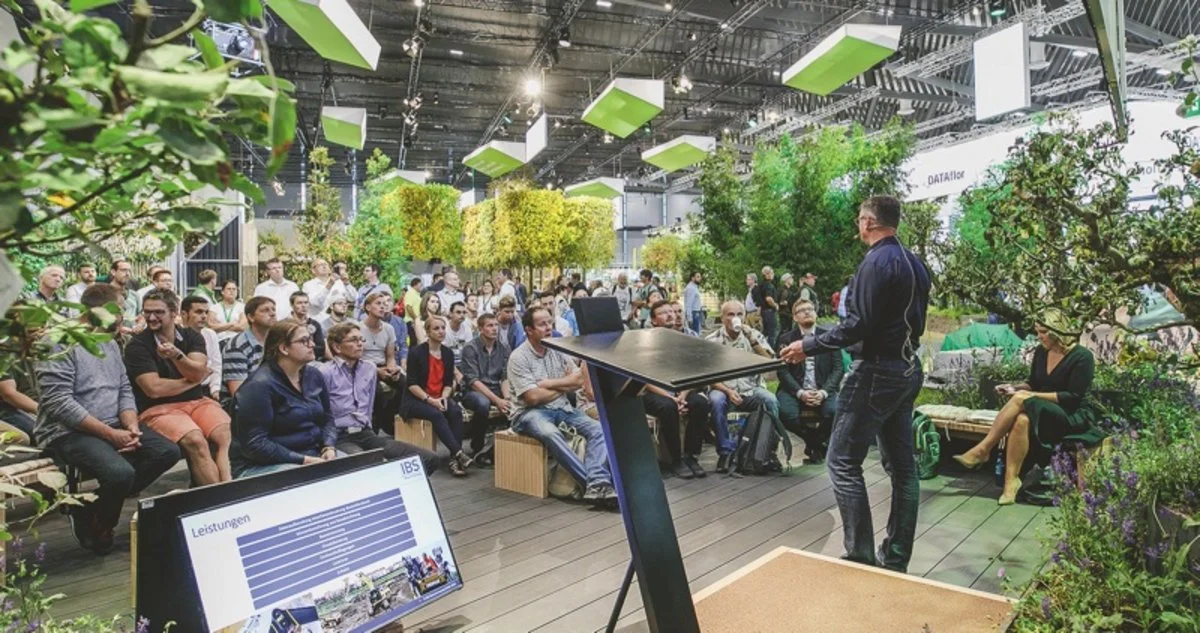
Get insurance for your personal property, event cancellation, company materials etc.
Plan your staffing
Ensure knowledgeable and enthusiastic team members staff your booth.
Train them on your objectives, products, and how to engage with attendees.
You may also want to assign roles and responsibilities, such as greeters, presenters, or lead collectors. Assign someone as booth traffic officer with talking points such as “Hey! Can I share with you what we’re doing here at the company?
Position your technical experts inside the booth space where the greeters can introduce prospective clients to them after an initial qualification.
4. Create a marketing strategy
Marketing’s role is to support sales and your objectives. Use your strategy to bring people to your booth, and let sales do the rest.
Some actionable strategies to promote your company in a landscaping event or a conference:
Booth design and graphics
Your booth reflects your brand. Make it inviting and memorable. Consider elements like signage, displays, and promotional materials. You may also want to offer live demonstrations, giveaways, or contests to attract and engage visitors.
After you’ve planned for the materials, pour your brand identity into your table covers and runners, and theme your graphics around your unique selling proposition.

Promote your presence and bring people to your booth
- Use Google ads, Facebook ads, TikTok or LinkedIn to target people near the event.
- Also, for your trade show, target professionals at nearby designated hotel venues. You can be more specific and target only the people likely to visit.
- This will help you get exposure for your brand before you’re even in the event.
- Once attendees see your ad, you’re more likely to get responses, and it’ll be easy to open a conversation with them.
- Leverage social media, email newsletters, and your company website to let people know you’ll be at the trade show. Do not forget to mention your booth number in your communications.
- You can also use hashtags, event apps, or online communities to connect with potential attendees and generate interest. You may also want to offer incentives, such as discounts, free consultations, or samples, to encourage people to visit your booth.
- If launching a new product or service at the trade show, consider sending a press release to generate media coverage.
- You can also leverage the trade show organizer’s resources, such as their website, newsletter, app, and directory, to increase your visibility and reach.
Prepare marketing materials
Have plenty of business cards, brochures, or product samples on hand. These can be useful for attendees to remember your brand and for follow-up conversations after the event.
For every supply you take into the event, brand them minimally.
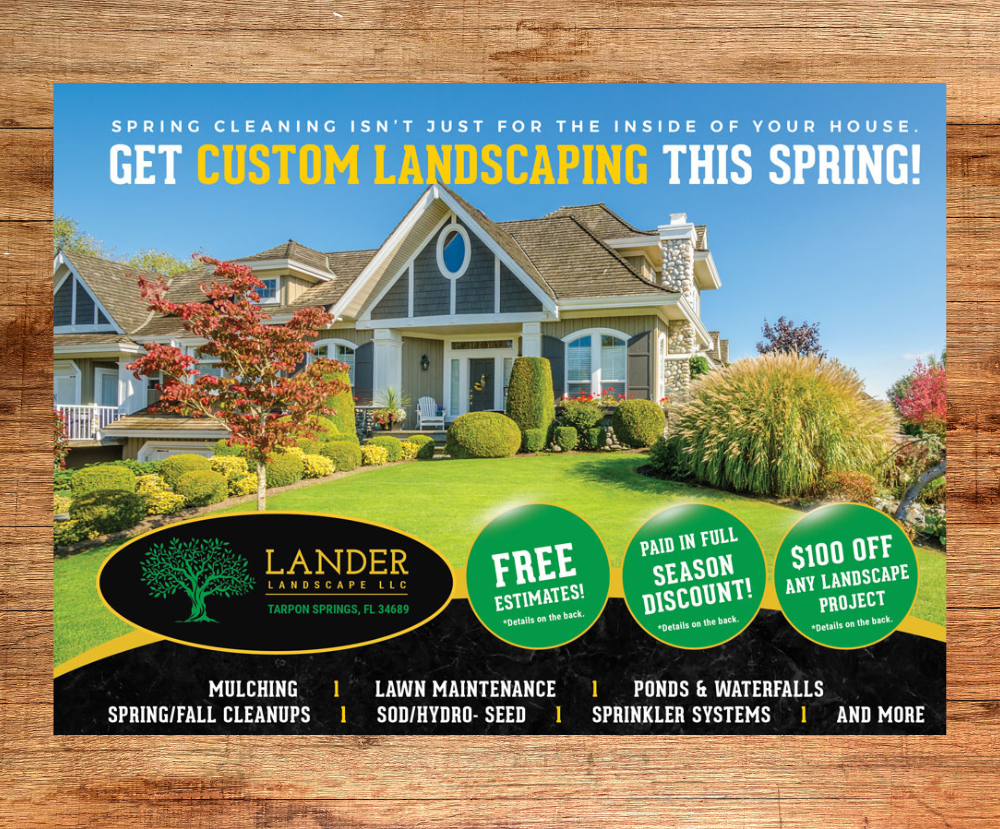
5. Prepare a budget
When you’ve learned everything about the upcoming event and planned for resources and marketing, you can easily prepare the budget.
Remember to consider the event exhibiting cost, travel, logistics of supplies, warehouse costs, PPC ads, PR cost, and staffing work hours.
During the Show
6. Engage with attendees
Make sure to greet everyone with a hello. Everyone is there to network and has their own agenda.
Make sure to have a card reader handy or use a mobile app to capture networking leads or sales leads.
Be proactive in starting conversations with attendees. Remember, you’re not just there to sell, but to build relationships.
Trade shows are a great place to meet industry peers, potential partners, and influencers. Don’t miss out on these networking opportunities.

7. Document the event
Take photos and videos of your booth, team members, and attendees. This content can be used for post-show marketing.
Take a few minutes to post on social media. You could live tweet from the event, share photos or videos of your booth, or even host a live Q&A session.

8. Swag it off
Exhibition freebies are complimentary items or gifts companies distribute at events to draw in attendees, create a lasting impression, generate potential leads, and enhance brand recognition.
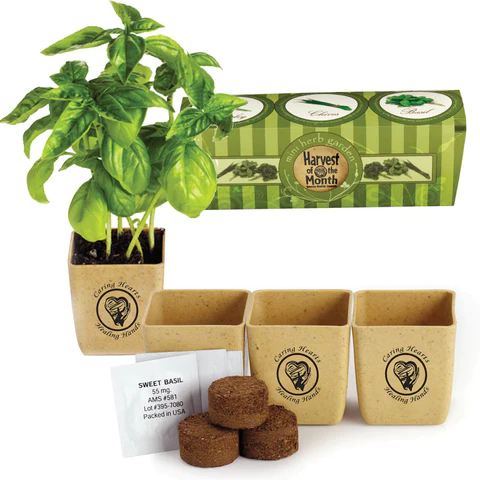
Advantages of distributing swag
Distributing freebies at trade shows can increase footfall, advertise to a broader audience, interact with prospective customers, enhance brand memory, and provide a high return on investment.
Give away ideas
Event swag distributed at trade shows should be high-quality, innovative, customized, relevant, and beneficial to the recipients.
Coffee cups, seed pencils that can be planted, key rings, personal care items, screen cleaning tools, notepads, complimentary trials, portable smoothie makers, health and wellness items, pens with a stylus, snack gift baskets, cocktail making kits, desk decor, photo frames, pop sockets, tote bags, refillable water bottles, rain umbrellas, wellness diaries, desk clocks, discount vouchers, portable chargers, can insulators, and branded clothing make good a giveaway.
We recommend thinking about the attendees and their demographics. Would a branded toolbox be more useful to a landscaper or a contractor than a wellness diary?
Here are some specific ideas to get you started:
- Plantable Sprout Pencils
- Seed Packets
- Gardening Tools:
- Eco-Friendly Tote Bags
- Customized Water Bottles
- Rooted Cuttings

9. Break ice and reach more people
Engage attendees while exploring the city, in their hotels, or exiting the airplane. Maybe on segues or rideshare. Make an impression on them before the trade show even starts.
10. Set some time aside to explore
Learn more about your competitors. Explore new solutions and companies that are bringing a change in the industry.
Identify future trends and explore potential partners. Start a conversation with them and understand what they are offering.
Post-Show Follow-Ups
11. Evaluate your performance
Did you meet your objectives? What worked well, and what could be improved for next time?
Compare your results with your goals
Review your objectives before the show and measure how well you achieved them. For example, how many leads did you generate, how many sales did you close, how much media coverage did you get, etc.
Collect feedback from your team and attendees
Ask your team members and booth visitors for their opinions and suggestions. You can use surveys, interviews, or online reviews to gather feedback. This can help you identify what worked well and what could be improved for future shows.
Analyze your return on investment (ROI)
Calculate how much revenue you generated from the show and compare it with how much you spent on it. You can use this formula to estimate your ROI: (Revenue – Cost) / Cost x 100%. A positive ROI means you made a profit, while a negative ROI means you lost money.
Document your learnings and best practices
Write a report or a summary of your trade show experience. Include your goals, results, feedback, ROI, and insights or lessons learned. This can help you plan and improve your performance for your next trade show.
12. Follow up with leads
Reach out to the contacts you made during the show. Personalize your communication and remind them of how you met.
You may not have seen everyone, so use a follow-up thank you video. Keep it short, preferably under 1 minute. Reintroduce yourself, show the booth image as they would have seen it, quickly show the product and close with images of how it ships.

13. Post event marketing
Use the exhibitor list and your networking leads to run PPC campaigns if they are your target audience, to remind them of your brand or connect with you.
Use your contacts to meet and greet or ask about their next event planning.
Nurture your leads and connect with all of your leads on LinkedIn.
Publish summaries detailing the activities, presentations, and showcases during the exhibition. Post your organization’s participation in the event, along with your significant learnings and contributions.
Remember to look back at your goals. Your objective of attending the event would inform your post-event marketing strategy.
Strategies to attract people to your booth
Interactive Elements
Consider incorporating interactive elements in your booth, such as touch screens, VR/AR experiences, or a photo booth. These can make your booth stand out and create a memorable experience for attendees.

Sustainability
Consider how you can make your participation more sustainable.
This could include using recycled materials for your booth, offering digital rather than printed materials, or offsetting your travel emissions.

Themed Booth
Consider designing your booth around a specific theme that aligns with your brand or product.
This theme could be anything from futuristic tech to nostalgic retro.

Live Demonstrations
Live demonstrations can be a great way to attract attention and engage attendees if your product allows.
You could also consider interactive demonstrations where attendees can try your product.
Guest Speakers
Inviting a guest speaker related to your industry can draw more visitors. This could be a thought leader, a celebrity, or an influencer who can bring additional visibility to your booth.
Workshops or Mini Classes
If it’s appropriate for your product or service, you could hold short workshops or classes at your booth.
This not only attracts attendees but also provides value, which can leave a lasting impression.
Gamification
Incorporate games or contests into your booth design.
This could be as simple as a spin-the-wheel game with prizes or a more complex digital game.
Games are a fun way to engage attendees and can also be used to collect contact information for follow-up after the event.

Virtual Reality/Augmented Reality
If your budget allows, VR or AR can provide booth visitors a unique and memorable experience.
For example, a virtual tour of a factory or a 3D model of a product can be both informative and engaging.
